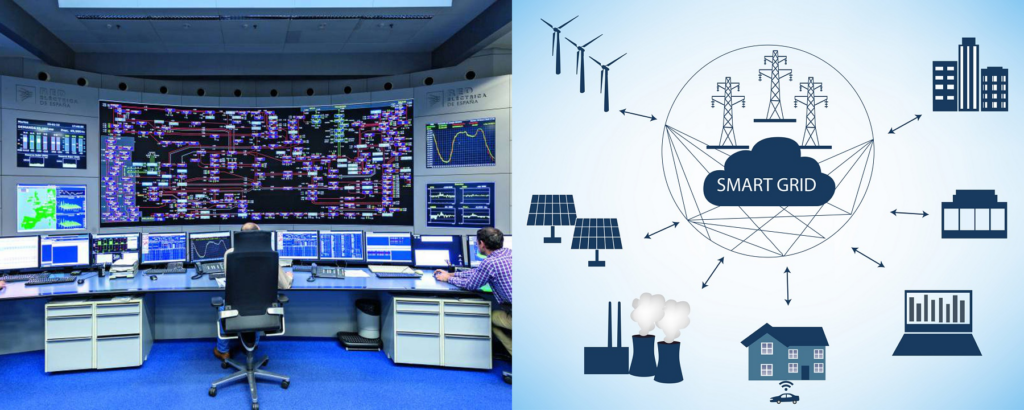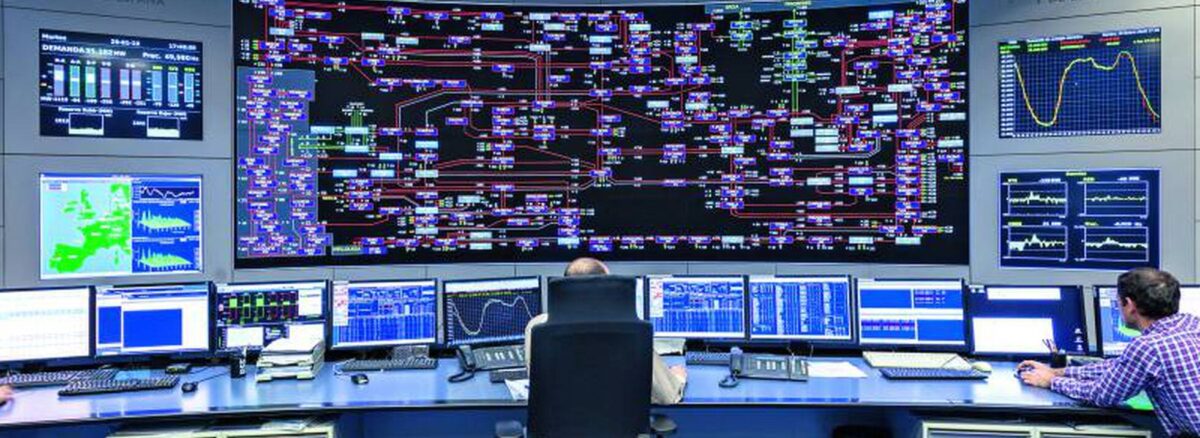- 4 March, 2024
- Francisco Gallego
- Comment: 0
- News

IMPACT OF ARTIFICIAL INTELLIGENCE ON ELECTRICAL ENGINEERING

Artificial Intelligence (AI) has emerged as a revolutionary force reshaping paradigms across multiple sectors, and electrical engineering has become one of its prominent domains of action. It is widely acknowledged that our electrical grids constitute a complex system spanning from generation to consumption of energy in industries and households, encompassing transportation and distribution as well. This intricate network is complemented by devices dedicated to protection, control, and infrastructure management, tasked with critical functions such as energy demand prediction, generation planning to meet these needs proactively, real-time network status monitoring, and assessment and adjustment of security levels to meet established reliability standards.
Despite technological advancements, large-scale electrical energy storage remains a challenge, necessitating the development of effective strategies to align production with existing demand at any given moment. Historically, the management of these operations has relied on traditional tools and the expertise accumulated by operators in control centers. However, increasing demand, coupled with the growing size and complexity of electrical networks, alongside emerging challenges associated with the adoption of electric vehicles and energy market liberalization, have spurred interest in the application of artificial intelligence (AI) techniques to redefine management methods.
Today’s digital technologies, capable of generating, storing, and processing vast amounts of data—such as those produced by energy systems—have not yet been fully exploited. Tools like the Internet of Things (IoT) and big data analytics, combined with AI-based machine learning methods, offer enormous potential to transform this data into actionable information and knowledge. This knowledge can serve as the foundation for developing predictive models to optimize network operations.
The implementation of artificial intelligence is geared towards creating innovative and efficient solutions for the development of the smart grids of the future. These smart grids aim to meet the demands of a new energy model characterized by widespread integration of renewable sources, emerging self-consumption models, and the gradual integration of electric vehicles, among others.
Prominent applications of AI in the electrical sector include optimizing the electrical grid through efficient analysis and processing of its data; developing smart grids that not only distribute electricity but also manage critical information for consumption-generation balance, particularly relevant for integrating renewable energies like solar and wind; and network maintenance, with AI facilitating fault prediction and replacing manual inspections with computer vision-based automated systems.
In conclusion, the integration of artificial intelligence into the electrical sector marks a milestone in the evolution of our energy infrastructure. As we continue to advance in this direction, new challenges will arise, but so will opportunities for our electrical energy to become increasingly intelligent, adaptable, efficient, secure, and robust.
Made by Fco.Javier Jiménez (EICA Design Engineer)

